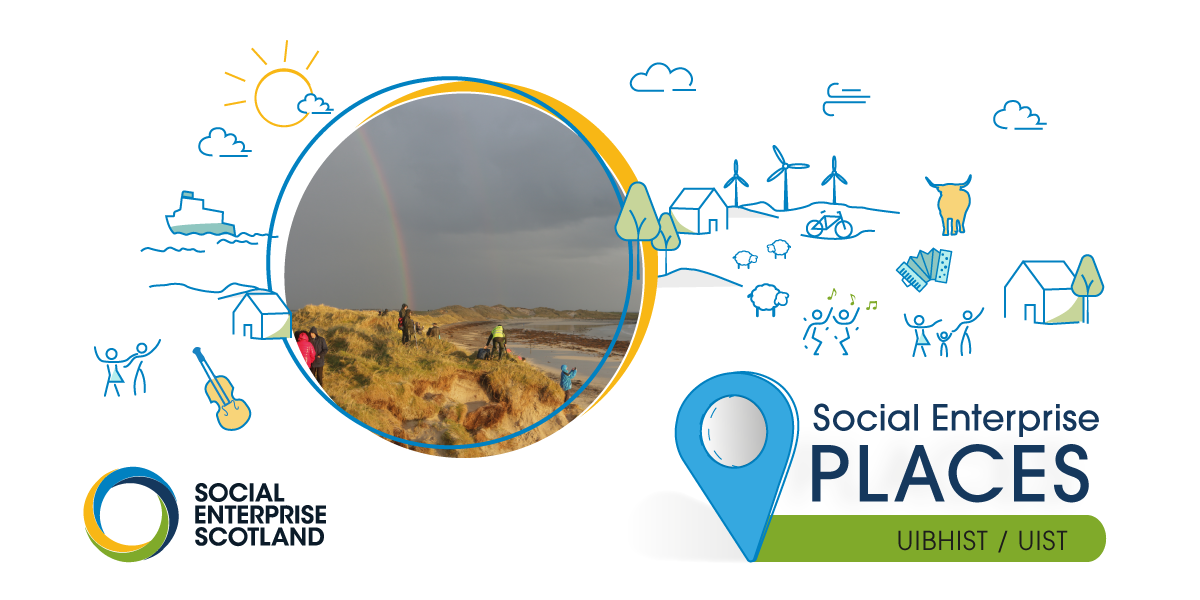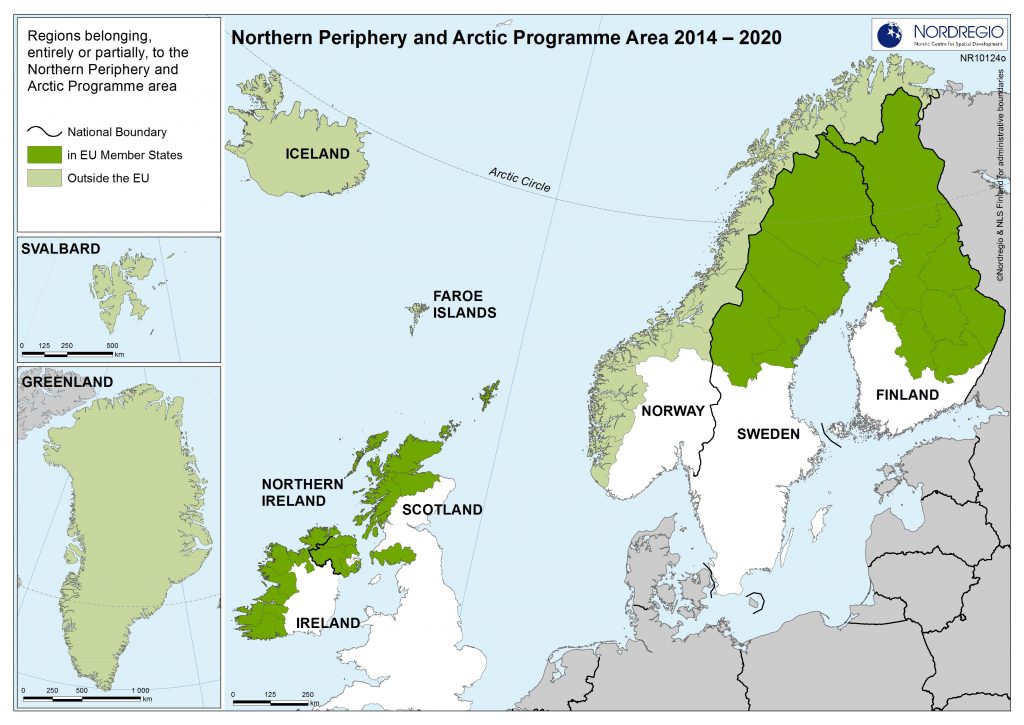
Communities on Uist demonstrate what flourishing peripheral communities can be – their strength and resilience, their cohesion and collaboration, their innovation and adaptability
You can access the document here.

Communities on Uist demonstrate what flourishing peripheral communities can be – their strength and resilience, their cohesion and collaboration, their innovation and adaptability
You can access the document here.


CoDeL will be launching the results of our Northern Periphery research on how rural and island communities, from Canada to Finland, have fared under Covid-19 tomorrow at the Regions in Recovery Global e-festival.
Our session on Redesigning Regional Policy for Peripheral Areas brings together CoDeL, Liam Glynn (rural GP, Professor of General Practice, School of Medicine, University of Limerick and rural health activist), Mads Wolff (senior policy adviser to the Nordic Council of Ministers) and Ed Mayo (former CEO of Co-operatives UK, New Economics Foundation and National Consumer Council).
The extensive research findings are available on our website here.
The uploaded document reflects discussion among community representatives on Uist and Barra, a majority of them young leaders and other younger islanders, facilitated by CoDeL.
The document does NOT represent the views of the participants in these discussions. The community discussions suggest that there is unlikely to be a consensus on how to proceed. Different members of the community have different experiences under lockdown, and above all face different risks within their family and community networks.
“Most people I speak to individually want lockdown to be eased, but this is not reflected in the public debate.”
“I have people within my family who are very at risk. The last thing I want is for lockdown to be eased now.”
CoDel response to Covid 19 Framework
The facilitated discussions nevertheless suggest that it is possible to have constructive discussions on the challenges at a community level, to enable people to express their opinions and for others to hear them, and for people to adapt their views accordingly. This is particularly important when some people’s views are amplified within media and social media, while many members of island communities do not air their views publicly even if, or perhaps especially if, they diverge from what is being articulated by others publicly.
The document looks at travel restrictions and testing, … challenges the focus on health vs economy, … includes tourism, crofting and other parts of local island economies, … considers the potential for localised approaches to lockdown, … and makes a range of suggestions.
A second post will explore in particular some of the potential harms being caused by lockdown on the islands, and in most other communities, too.
Recently we held the first Uist Open Space session on zoom. What a positive experience. Yes, we all face challenges under lockdown. And yet we also shared so many positive actions already happening within the community to support each other, and many ideas for future actions and development.
Current positive actions:
Some future plans:
We are sure that similar initiatives are happening on Scottish islands and internationally also, and across islands. We can all still buy products from Scottish Islands at Isle20.
… were some of the key themes in responses to CoDeL’s survey, targeted in particular at younger islanders on Uist and Barra. Here are some examples:
Resilience and social innovation would be particularly relevent to the current situation.
I’m sure your groups have covered resilience before, looking for more positive notes now is the time for the global population to wake up to the importance of our native and natural habitats, being environmentally aware, sustainable and not pushing mother nature to the limits that triggered this crisis. Uist is already doing well here, … what more can be done?
I think focussing on good news island stories around local economy and work, what you are already good at would be the best positive message at this time.
Strategies for staying strong, financial support for social enterprise resilience, positive messages.
It would be valuable to talk about how the current crisis could be used for positive social change after the crisis is over so we don’t just go back to how things were.
peer to peer learning is very valuable. What we want for our communities once this is all over. How to make it through.
I think looking at the wider economic potential in a positive light would be worthwhile.
How to organise mutual aid in situations like the current crisis. Finding ways in which we can collaborate beyond the crisis would also be helpful – whether pooling our resources and skills to organise creative get-togethers for the community to combat the lingering emotional impact of isolation, or to find new ways of working.
The survey sought views on what CoDeL as an organisation rooted in an island community could deliver over the internet during lockdown, to continue the work of the Smart Islands project.
Following the lead of the Social Enterprise Academy, CoDeL is primarily offering open sessions over Zoom. There was some interest in sessions and webinars on specific learning topics, and in one-to-one or small group coaching. There was far more interest in ‘open space’ sessions allowing peers to meet and share. In our next post we will report on the outcomes of the first of these sessions which are being held fortnightly.
Even before the Covid crisis, there was particular interest and energy for networking around issues of mental health, and this has become all the more important during lockdown: “I think it’s taking strain on each of us in varied and multiple ways.” So on the alternate weeks we will be organising ‘open space’ sessions focusing on mental health.